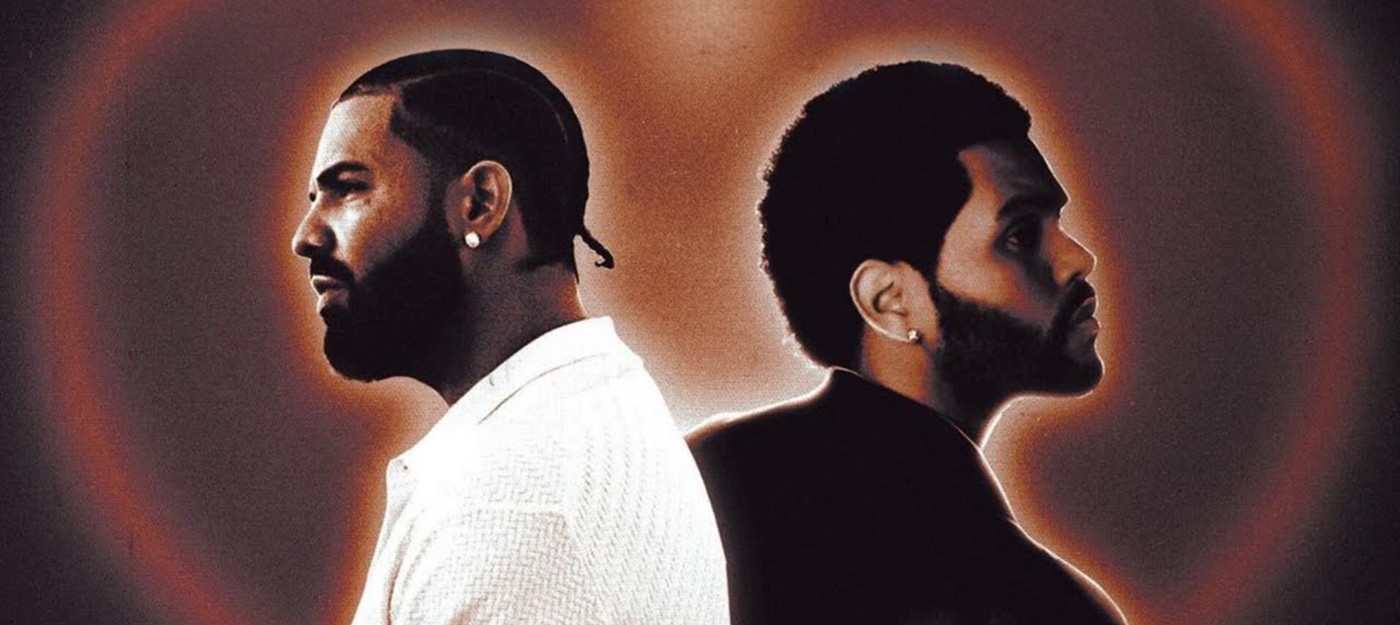AI-generated Drake and The Weeknd track deemed ineligible for Grammy

In a twist to the ongoing debate surrounding AI's role in the music industry, the AI-generated track "Heart on My Sleeve," which eerily mirrors the voices of Drake and The Weeknd, has been declared ineligible for a Grammy Award. The song's journey from potential Grammy nominee to being pulled from major streaming platforms highlights the complexities of copyright, consent, and the evolving landscape of music creation.
Harvey Mason Jr., the CEO of the Recording Academy, initially suggested in a New York Times interview that the track might be eligible for Grammy consideration, given its human-written lyrics. However, a subsequent Instagram video by Mason Jr. clarified the Academy's stance, emphasizing that the song's vocals, which were not legally cleared by the artists or their label, made it ineligible. This clarification came amidst reports that Universal Music Group, representing both Drake and The Weeknd, had the song removed from platforms like Spotify, Apple Music, and YouTube.
The song's creator, who goes by the pseudonym Ghostwriter977, has been at the center of this controversy. While the track's lyrics were penned by a human, the uncanny vocal imitations of the artists were generated using AI technology. This raises questions about the boundaries of creativity, ownership, and the role of AI in the music industry.
Interestingly, the Recording Academy's new guidelines on AI submissions, as outlined by Mason Jr., state that while AI-assisted music can be submitted, only the human contributors who have "contributed heavily" will be recognized. This means that in categories like "Song of the Year," the majority of the nominated song must be the work of a human creator.
Ghostwriter977's endeavors don't stop at "Heart on My Sleeve." The mysterious artist recently teased another AI-generated track on platforms like TikTok and X (formerly Twitter), this time mimicking the voices of rappers Travis Scott and 21 Savage. The song, titled "Whiplash," has garnered attention, but neither Scott nor 21 Savage has officially responded to the collaboration request.
This isn't the first instance of AI-generated music causing a stir. Fake tracks, purportedly by Frank Ocean, were sold online for hefty sums, only to be revealed as AI creations. Universal Music Group has even urged streaming platforms to restrict AI's access to music data, aiming to prevent the creation of AI-generated tracks that mimic popular artists.
As the lines between human and AI-generated music blur, the industry is grappling with the implications. While AI offers innovative avenues for music creation, it also brings forth challenges related to copyright, authenticity, and recognition. As Mason Jr. aptly put it, the music world is "moving, really, really quickly," and the rules will undoubtedly continue to evolve.